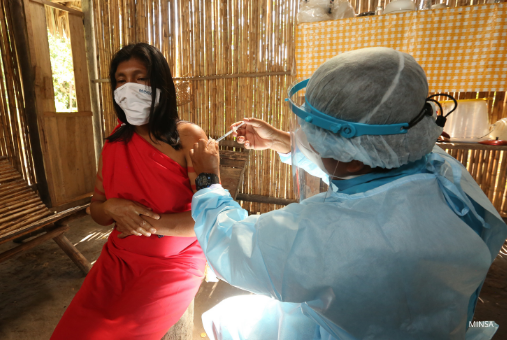
LatAm Journalism Review (LJR) spoke with six journalists from community radio stations in the Peruvian Amazon that have been working to combat disinformation surrounding the COVID-19 vaccines.
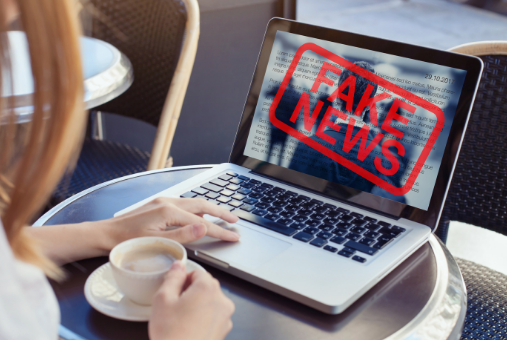
Fact-checking has little capacity to impact people's opinions, but increases the cost of disseminating, on the internet, something that has already been categorized as false.
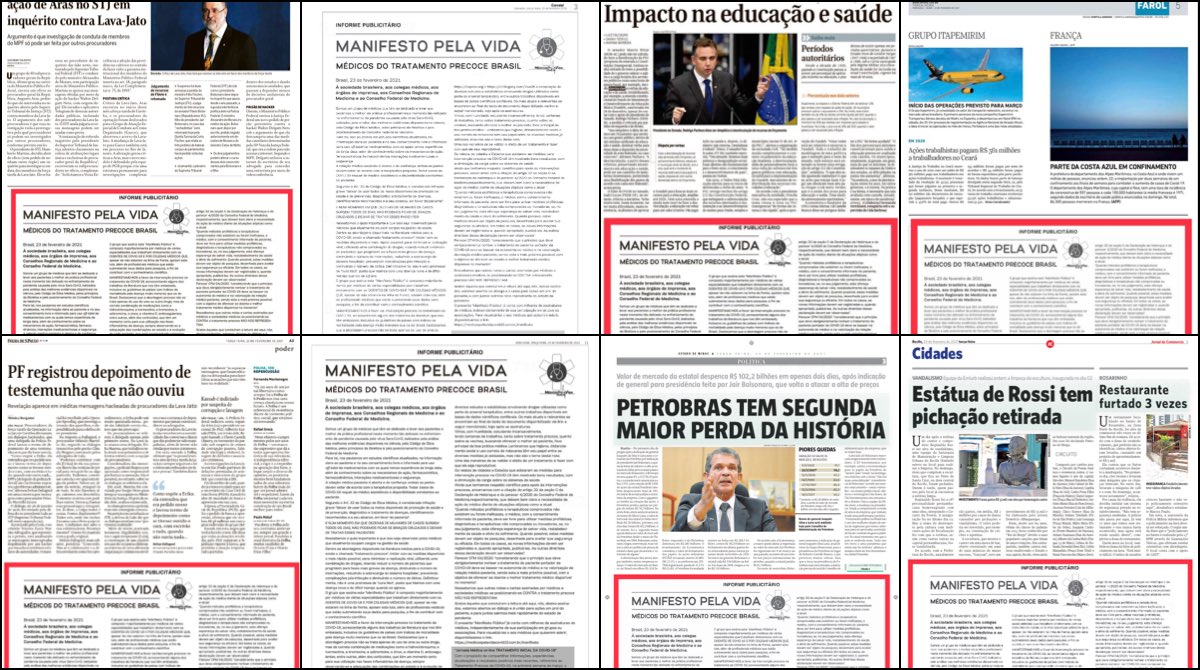
At least eight Brazilian newspapers published an advertorial in which an obscure association of doctors defends the adoption of a so-called 'early treatment' of COVID-19, whose benefit is not scientifically proven. The decision of the newspaper companies to open space, albeit an advertising one, for the transmission of false information about the pandemic generated criticism.
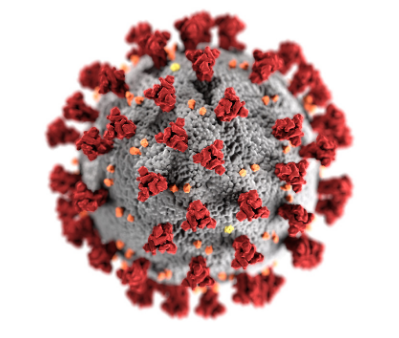
The overwhelming amount of information surrounding the COVID-19 pandemic, as well as the equally staggering levels of false information, led UNESCO and fact-checkers in Latin America and the Caribbean to create a digital hub to combat disinformation.

The study, which interviewed 1,000 people, aimed to find a kind of vaccine against false news, especially during the electoral period
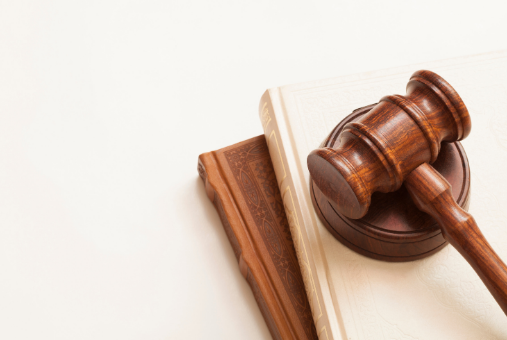
Survey of laws and bills that curb and punish disinformation and fake news on the Internet shows growth in Latin American countries. Experts warn of the risk of censorship and self-censorship of journalists.
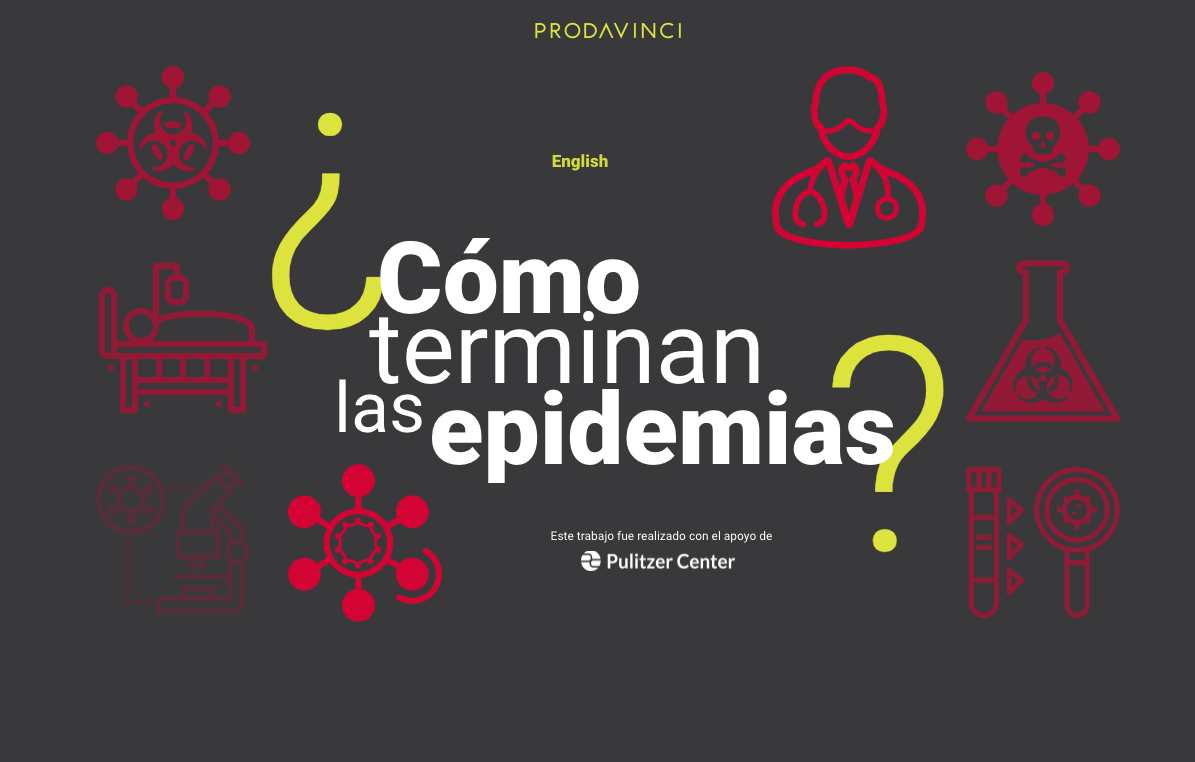
Three Latin American news sites are tackling the wave of misinformation with education, focused on training schoolchildren to become critical readers from a young age.

Conoce a tres medios latinoamericanos que están abordando la ola de la desinformación con educación, enfocados en formar a lectores críticos desde sus años escolares.
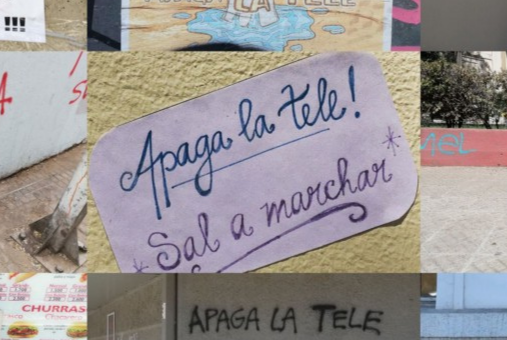
The social protests in Chile reminded the country's media of the importance of working on the ground, of deploying press teams with sufficient capabilities to work in such a "volatile and dynamic context," said journalist Paula Molina.

Radar is an automated system that tracks websites and social networks in Brazil in real-time in search of potentially misleading content.
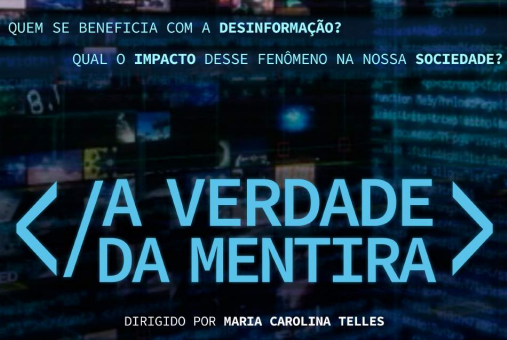
The Brazilian documentary “A Verdade da Mentira” (The Truth of the Lie) follows the work of several professionals who worked to combat disinformation during the 2018 presidential election to understand how this kind of content spreads.

The e-book 'Infodemia' explains in a form of a dictionary, and with a lot of rigorous black comedy, the false and misleading news spread across Latin America and the rest of the world during the COVID-19 pandemic.